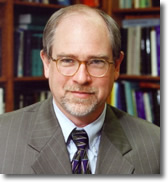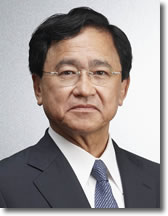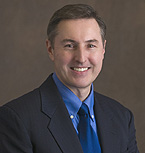Lewis Lecture
Past Lectures
Apr 30, 2014
Seminar Series
Lewis Lecture: “Fighting Cancer with Nanoparticle Medicines: The Nanoscale Matters!”
Professor Mark Davis, California Institute of Technology
3:00 p.m., 66-110
Apr 5, 2013
Seminar Series
Lewis Lecture: “Management’s Co-dependence on Mother Earth: Sustainability in the Chemical Industry and the Four-Dimensional Analysis”
Dr. Yoshimitsu Kobayashi, President and CEO, Mitsubishi Chemical Holdings Corporation
3:00 p.m. - 4:00 p.m., 34-101
May 4, 2012
Seminar Series
Lewis Lecture: “‘Simplicity’ as a Component of Invention”
George M. Whitesides, Department of Chemistry and Chemical Biology, Harvard University
3:00 p.m., E14-674
Apr 29, 2011
Seminar Series
Lewis Lecture: “Engineering Products and Processes for a Sustainable World”
Gary S. Calabrese, Director, Photovoltaic Technologies & Senior Vice President, Corning, Inc.
3:00 p.m., 66-110
Apr 30, 2010
Seminar Series
Lewis Lecture: “Untold Story of Gluten: Viscoelastic Wonder, Rat Poison, or Autoimmunity’s Rosetta Stone?”
Chaitan Khosla, Depts. Of Chemistry, Chemical Engineering, & Biochemistry, Stanford University
3:00 p.m., 66-110
Apr 17, 2009
Seminar Series
Lewis Lecture: “The Impact of Mega Economic Trends on the Chemical Industry and Chemical Engineering Profession”
Dr. William F. Banholzer, Executive Vice President and Chief Technology Officer, Dow Chemical Company
3:00 p.m., 66-110







